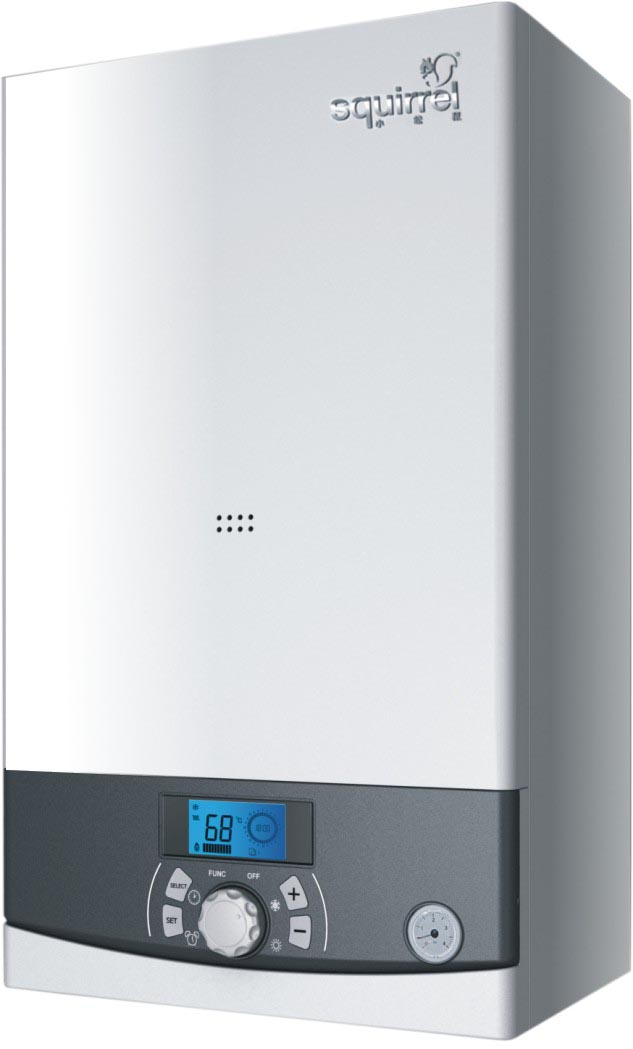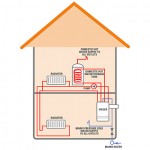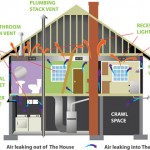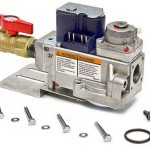Condensing Combi Boilers: A New Dawn in Domestic Heating and Hot Water Systems

Having a domestic heating and hot water boiler is a great privilege, but when it comes to making the decision which type to choose one gets taken aback. Read on to select the right type for your home that will definitely suit all your technical needs. We’ll tell you why it’s better to give preference to combis, explain their principles of operation, their main advantages and disadvantages, why they are believed to be the most energy-efficient and etc. But, first, let’s define the term ‘condensing combi boiler’.
Contents
Conventional vs. Condensing Boiler: Types & Principles of Operation
The principles of conventional boilers operation lie in burning fuel in a combustion chamber. The chamber itself is surrounded by a water jacket in which water is first heated and then put to circulation around the heating system. Unfortunately, not all of the heat produced is used to heat water, because much of it is wasted to the atmosphere. Unlike a non-condensing boiler, a condensing one is a high efficiency device that recycles and abstracts heat from exhaust gases. A conventional boiler is always less efficient than a condensing one, due to the latter’s more efficient and larger heat exchanger, which also speaks for its being environmentally friendly.
There are three types of condensing boilers available:
- combination boilers (the most popular type on the market, requires no cold water storage tank or hot water cylinder, thus minimizing the space it occupies);
- system boilers (less popular, but more compact (sealed), provide hot water and central heating via a storage cylinder);
- open vented boilers (the least popular heating-only boilers that require both a cylinder and a tank).
Condensing Combi Boilers: Pros & Cons
A condensing combination boiler is combined central heating and a water heat boiler. Unlike traditional central heating boilers, whose role is to heat up water stored in a separate cylinder, a combi doesn’t produce stored hot water, but rather continuous and unlimited amount of hot water on demand. Besides that, a central heating system with a combination boiler is cheaper than traditional one, however, cheaper doesn’t mean inferior, as combis have many advantages:
- no heating/storing hot water which may not be used;
- constant (continuous/unlimited) hot water;
- environmentally-friendly;
- cheaper installation (unlike regular heating system);
- hot water at hydrostatic pressure provides pumpless powerful shower.
What concerns disadvantages of combi boilers, there are mainly two of them:
- disappointing hot water flow (boiler starts to heat up water directly as it enters the house from cold water mains);
- not suitable for multiple users (if two showers or two hot taps are turned on, the water supply to each will drop).
So, let’s explain once again why condensing combi boilers should be given preference to rather than regular home heating systems: these compact and easily-serviced units combine energy-saving properties with a simple structure and convenient operation, thus ensuring efficient exploitation of energy. Choose wisely!
- popular
- new






